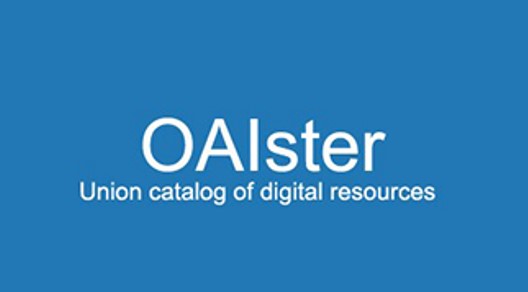Regulation and governance of investment policy in Morocco
DOI:
https://doi.org/10.5281/zenodo.17249244Keywords:
Regulation, governance, investment, Regulation Impact AssessmentAbstract
In Morocco, the state aims to realize socio-economic development. Therefore, it uses many levers such as public policies, laws, and regulation. The investment policy is one of those policies. This policy uses regulation to achieve its goals, especially through rule-setting, monitoring, encouragement and by incentives, either by government departments directly, or, increasingly, through the delegation of these functions by the state to a number of relatively autonomous regulatory agencies and committees. Those entities fulfill public functions and make public decisions in matters of investment. This use of regulation as a tool to realize policy goals raises many questions about their efficiency, effectiveness, and governance. This paper will be mainly concerned with the impact of the governance of regulation as a way to conduct investment policy and how to correct it. It brings together a theoretical framework of regulation and its application in the Moroccan context by drawing from principal agent theory, and introduces a way to enhance the governance of regulation for more transparency and accountability, and also to meet policy goals through the adoption of Regulation Impact Assessment (RIA).
Downloads
Published
How to Cite
Issue
Section
License

This work is licensed under a Creative Commons Attribution-NonCommercial-NoDerivatives 4.0 International License.























